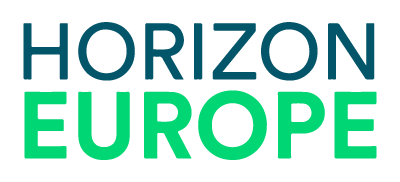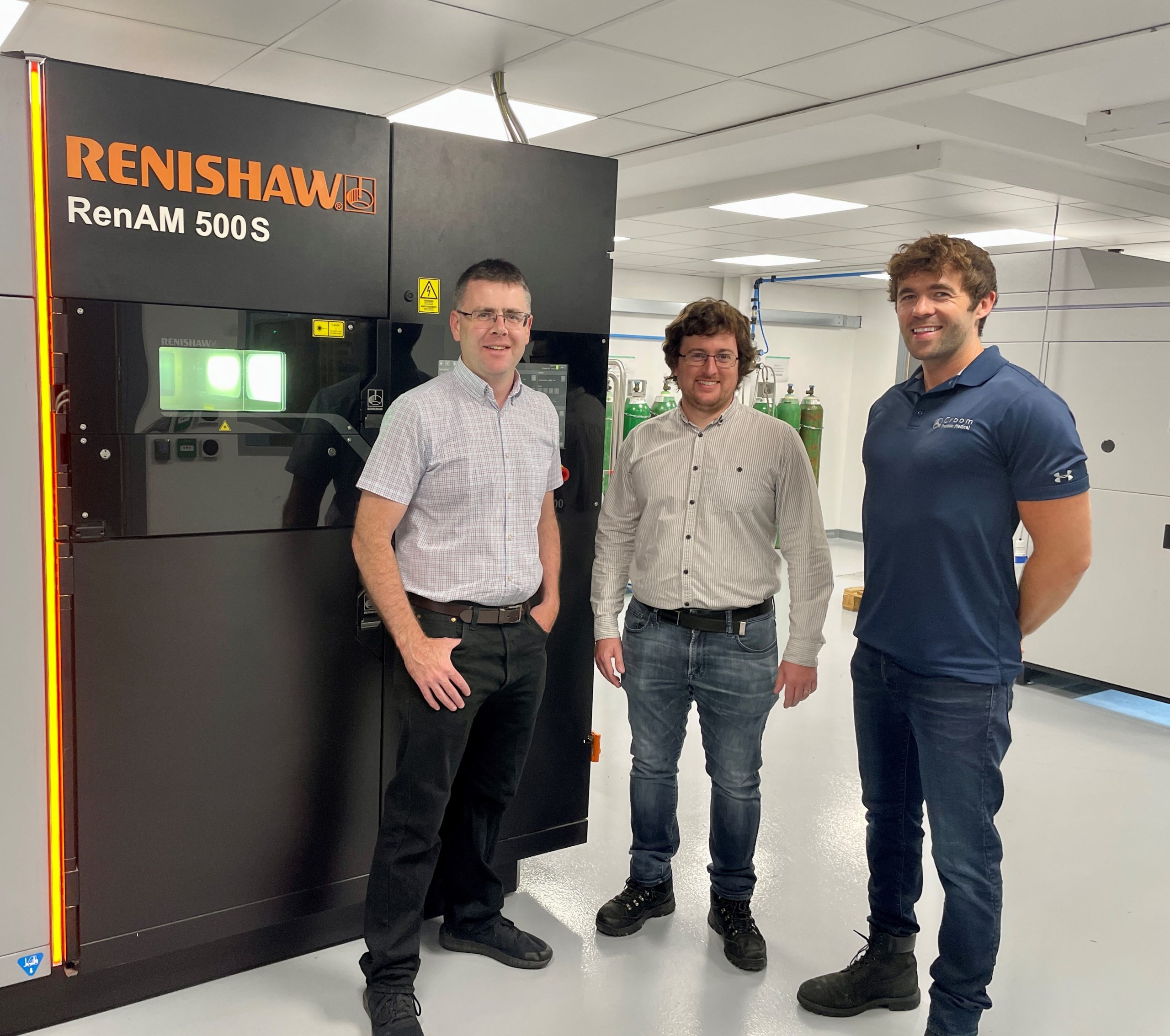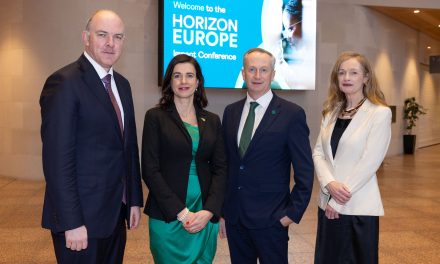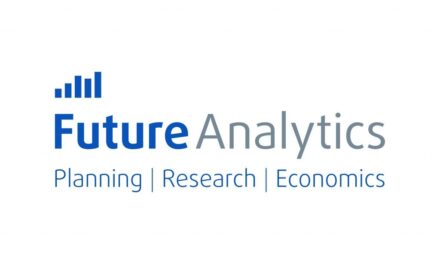Tooth loss, whether due to disease or trauma, is a common problem with the number of dental implants done each year now rivalling artificial hips and knees.
But having a dental implant is not without its challenges, such as diseases of the tissue around the implant. Data shows that 43% of dental implant patients develop peri-implant mucositis while a further 22% suffer from peri-implantitis.
This is where NOMAD comes in. Novel Biomaterials to Prevent Dental Peri-Implant Infections is a Horizon Europe-funded research project aimed at developing the next generation of dental implants.
These implants aim to combine innovation in biomaterials, nanomaterials, microbiology and dentistry to resist and actively prevent infection of the tissues surrounding the dental implant.
Two Irish Partners
The project started last December and runs for 54 months, receiving €4.71 million in Horizon Europe funding. It is coordinated by the Belgian university KU Leuven.
It includes 10 partners from 7 countries, including two Irish firms, Cork-based materials science company Glantreo and Limerick-based implant company Croom Medical.
Glantreo received €247,375 as part of the project and brings its expertise in nanomaterials to the team. It has developed a platform for the controlled release of active pharmaceutical ingredients which will be used in the dental implant to prevent infection.
Glantreo’s Chief Technical Officer John Hanrahan says the project allows Glantreo to test its technology in a new application. “Participation in NOMAD has allowed us to push our technology into the dental space which is a new application area for our nanomaterials.”
Opportunities in the dental space
Croom Medical got €372,500 in funding and will use its expertise in medical device manufacturing, with a focus on metal additive manufacturing, or 3-D printing, for the development of the new implants.
“We’re working on the design and manufacture of the components including complex printed titanium structures,” Croom’s R&D Manager, Dr Shane Keaveney, says. “We will also be investigating how to scale up these newly developed devices.”
He says Croom, which specialises in orthopaedic implants, was also attracted to NOMAD by the opportunity to move into the dental area.
“Dental is not an area we’re in at the minute and that’s one of the reasons we like the project,” Keaveney says. “We’re going to get to learn about a new area and a new potential market for Croom, particularly for our additive business.”
High-risk project
The NOMAD partners will develop various material innovations suited for titanium and zirconia dental implants, validate their biomechanical and biological performance, and define a strategy for commercialisation. The aim is to “facilitate the leap from lab to market”.
Both Croom and Glantreo point to the high-risk nature of the project, which starts at level 3 (TRL3) on the 9-point Technology Readiness Level (TRL) scale.
“It’s not a slam dunk”, says Hanrahan. “There might be technology developed within this that we can commercialise somewhere else, or we might generate new products from this. You never know. We’re aiming for the stars but who knows what will happen in between.”
Blue skies research
Keaveney and Hanrahan attest to the value of the Horizon funding in allowing them to pursue such early-stage research.
“It’s very worthwhile,” says Keaveney of Horizon. “You get funding to support your research, to support the growth of your company into new areas and investigate higher risk opportunities. For us, it gives us funding to support our additive research and enable us to push the limits of the technology.”
Participation also allows companies to expand their networks and to connect with research institutes and universities like KU Leuven, which is renowned worldwide for its work in materials science. It can also throw up business opportunities.
“You’re now tied into the EU consortia and how they work. Invariably someone else within the group will set up a consortium in a few years’ time. There are business opportunities because there are companies involved in all these consortia,” Hanrahan says.
Tough competition
Hanrahan admits that it is not easy to successfully get an EU project proposal over the line. “The competition is tough. For this specific call, there were 100 proposals submitted, of which only seven were approved. Besides coming up with a scientifically solid project proposal, as well as an excellent business plan, it’s also crucial to stand out from the other excellent proposals with clear visuals and a captivating narrative.”
He offers two pieces of advice to small or medium-sized enterprises that are thinking of applying for Horizon funding. First, register your interest on the European Commission website.
“There’s a register there and it’s well worth pursuing if you’re serious about getting into the projects. You can put in that you are an SME in Ireland that is interested in whatever and the universities in general are the people that are putting these consortia together. They will go through this register of interests if they need an SME and say, let’s pull those guys in.”
Talk to your NCP
He also advises would-be applicants to talk to their National Contact Point (NCP), who can provide a good steer as to who in Ireland or Europe might be coordinating or participating in a Horizon project.
“Our NCP has been exceptionally responsive to questions. If you have any questions, he’s always at the other end of a phone and he’s very quick to respond,” Hanrahan says. “It’s a no-brainer, if you have any sort of aspirations in EU projects, talk to your National Contact Point.”
Glantreo and Croom say the support and guidance provided by their NCP was key to the success of the NOMAD application. The project wasn’t funded in the first round but made it off the reserve list with Enterprise Ireland offering support to the Irish companies during this process.
Follow the NOMAD project on Linkedin and Twitter.
The NOMAD project has received funding from the European Union’s Horizon Europe programme under grant agreement no. 101091669.
If you would like advice about accessing Horizon Europe support or further details, please contact horizonsupport@enterprise-ireland.com or visit www.horizoneurope.ie





